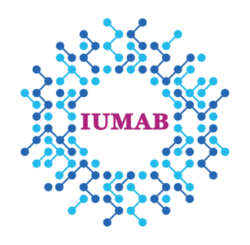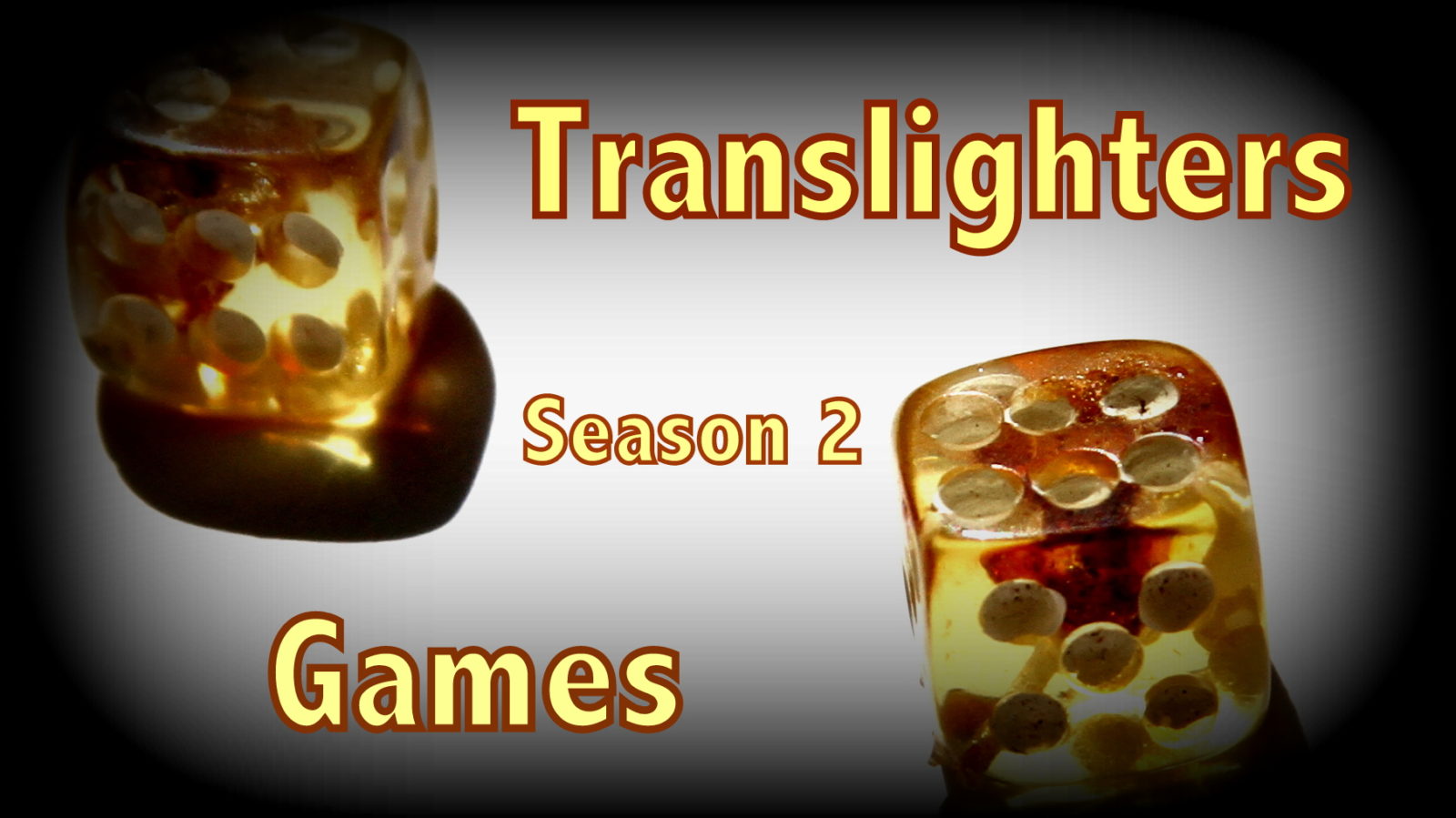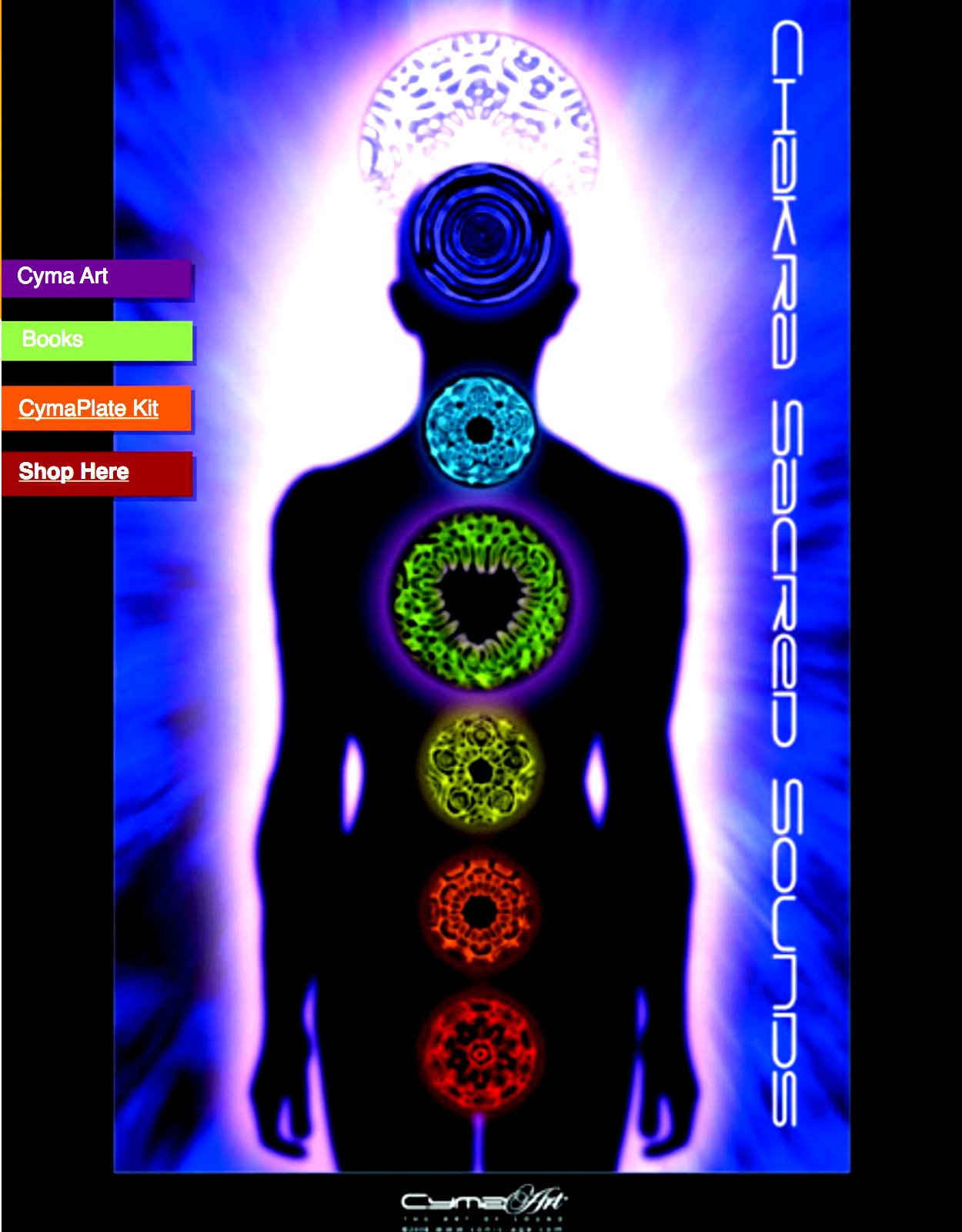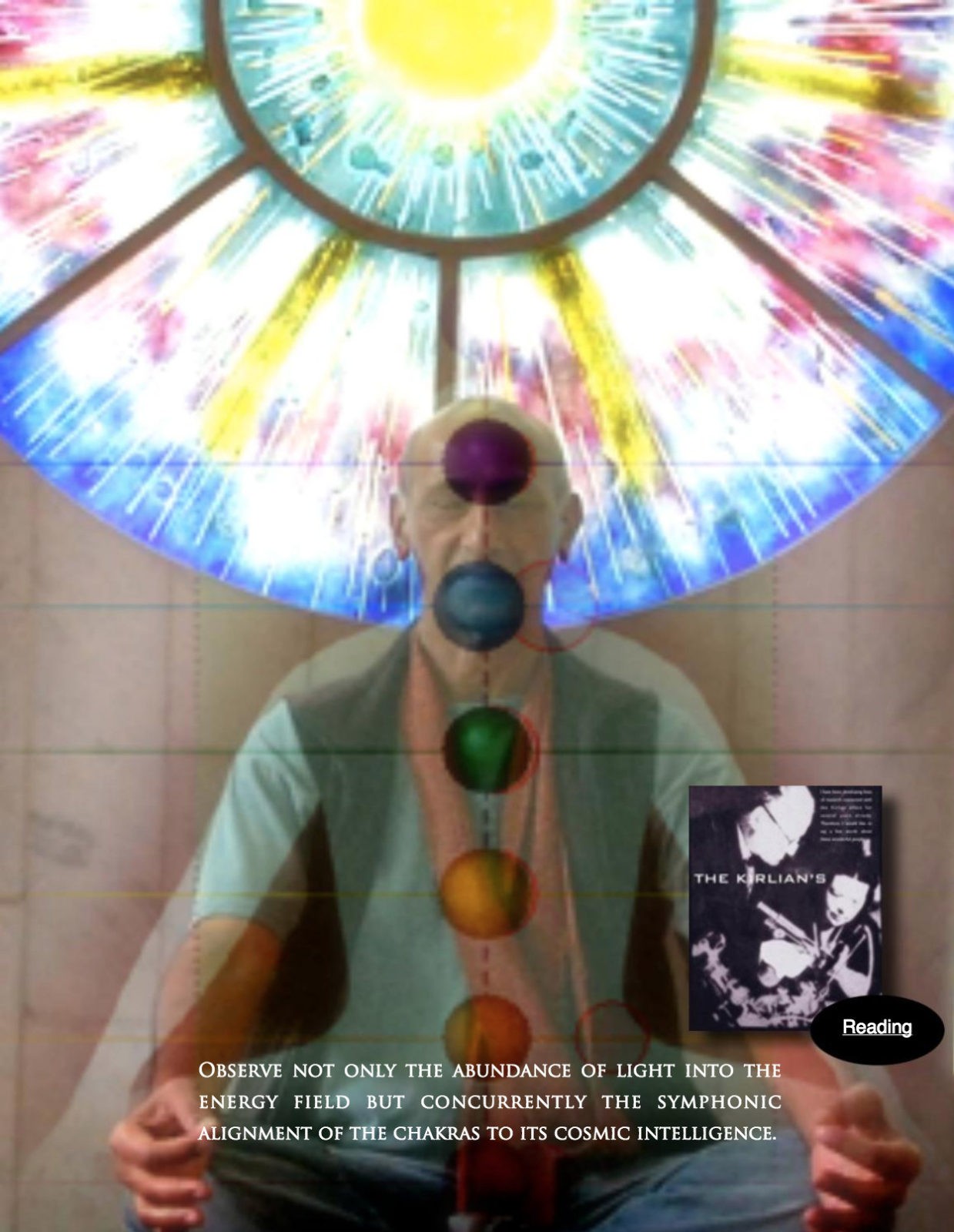Liquids
Liquids Research
What is Consciousness?
WHAT IS CONSCIOUSNESS?
Konstantin Korotkov, PhD, Prof.
St. Petersburg University of Informational Technologies, Mechanics and Optics St. Petersburg, Russia
Translighters Games Episodes
Welcome to Translighters Games!
Human potential movement games
Free Energy for the Week! Every Monday!
IUMAB Review 2010
IUMAB Review 2010
Prometheus
Annual Digest
Established by Professor Pavel Bundzen and Kirill Korotkov in 1998
Translighters Games
Science, Magic, Technologies
Online Interactive, the Biointernet Show
With Sergey Avdeev and Kirill Korotkov
More info on TG website:
Human potential movement games
Monday, 21.00 GMT+2, Prague’s Time
Translighters Online Games with Dr. Sergey Avdeev, Galina Gajova and Kirill Korotkov
Working with Translighters Equipment, talking with inventor and developers of the Biointernet project, Questions and Answers, Experiments, Translighters Digital, Translighters Transfer, Ideas Exchange, Dice, Brain Storm, Expert-Operator, Leader Follow, MiniMax technology, Matrix of Development, new devices and more
The Influence of Consciousness on Matter
The Influence of Consciousness on Matter
KOROTKOV
The question of whether the
human mind can directly,
without some intermediate
elements, influence the world
around us has troubled
mankind since ancient times.
This effect is described in countless myths,
legends and fairy tales of all peoples. In XX
century this question arose on the new
plane when the concept of the “observer” on
whose conscious actions the outcome of
subatomic events depended was introduced
in quantum mechanics. Such interpretation
is not universally accepted by physicists but
it provides a theoretical foundation for study
of these phenomena.
It is interesting to note that in techniques,
especially in computer sciences, there is a
c o m m o n o p i n i o n t h a t t h e r e a r e
experimenters in whose hands any
instrument works, and there are people
negatively affecting the equipment. The first
were Lord Kelvin, Thomas Edison and
Nikola Tesla. The latter are usually theorists.
A famous physicist George Gamow
humorously describes the so-called “Pauli
effect”7:
“It is well known that theoretical physicists
are very awkward in handling experimental
apparatus; and furthermore, the level of
physicist – theorist can be assessed by his
ability to break a delicate instrument byt
simply touching it. According to this criterion,
Wolfgang Pauli was an outstanding
theoretician; the equipment broke, fell,
blocked or burned as soon as he entered
the lab”.
Naturally, this is a joke, and such
influence is not exerted by all theorists,
but as with every joke, there is a large
element of truth there.



